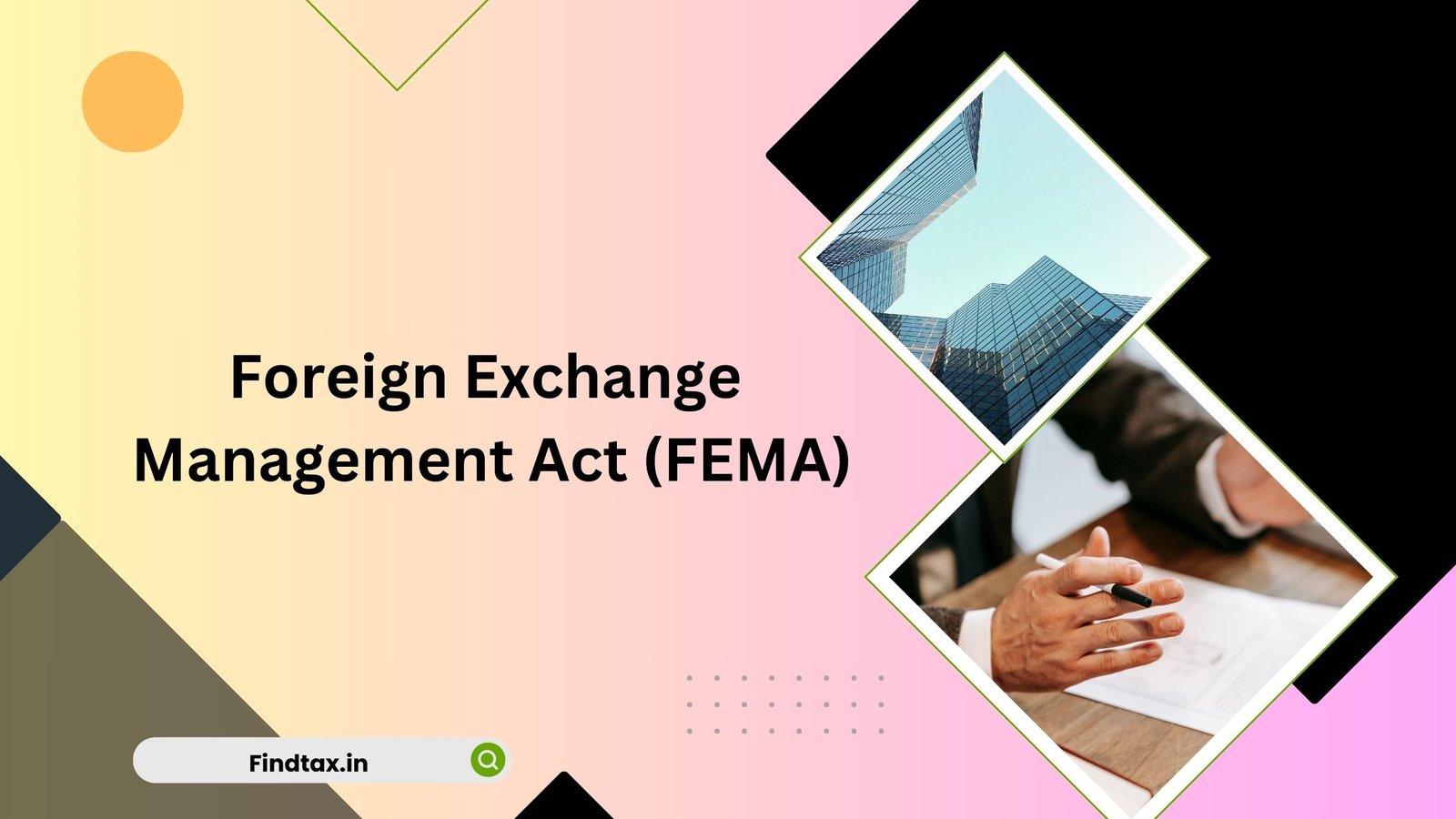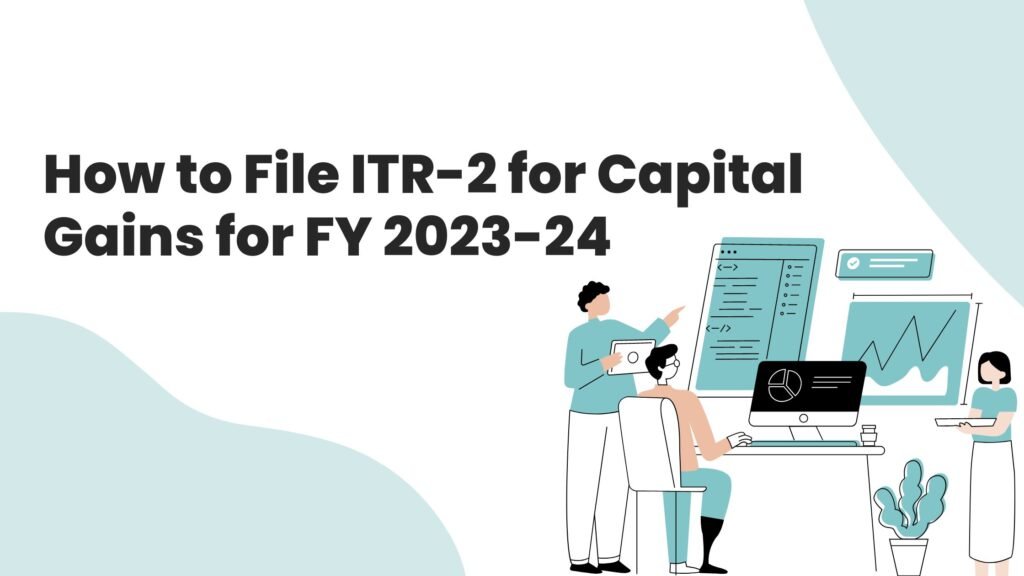
The Foreign Exchange Management Act (FEMA) was established by the Indian government to regulate and facilitate external payments and cross-border trade. Introduced in 1999, FEMA replaced the older Foreign Exchange Regulation Act (FERA) to streamline foreign exchange management and support India’s economic reforms. FEMA was created to rectify the shortcomings of FERA and enable a more liberal economic environment in the country.
Key Objectives of FEMA
The primary purpose of FEMA is to promote external trade and payments. It also aims to ensure the orderly growth and regulation of India’s foreign exchange market. FEMA provides clear guidelines and procedures for foreign exchange transactions, which are classified into two broad categories—Capital Account Transactions and Current Account Transactions.
Under FEMA, the balance of payments records all international transactions between residents of different countries, including trade in goods, services, and assets. These transactions are categorized into Capital Account (which deals with capital transfers) and Current Account (which deals with trade in goods and services). Current Account transactions reflect the flow of money into and out of the country due to trade, services, and income generation, and are key indicators of the economy’s performance.
Capital and Current Account Transactions
- Capital Account Transactions: These involve capital transfers like investments and loans.
- Current Account Transactions: These cover all international trade and services, such as the import and export of goods and services, as well as income earned by residents and non-residents.
Scope and Applicability of FEMA
FEMA applies across India and extends to all Indian citizens and entities, whether they are within the country or operating abroad. The act is enforced by the Enforcement Directorate, headquartered in New Delhi. The scope of FEMA covers:
- Foreign exchange dealings,
- Foreign securities,
- Export and import of goods and services,
- Securities transactions as defined under the Public Debt Act of 1994,
- Banking and financial services,
- Overseas companies owned by NRIs (where NRIs hold at least 60% ownership),
- Indian citizens, whether resident or non-resident.
Penalties for Non-compliance with FEMA
Failure to comply with FEMA regulations can result in penalties. Violations may incur fines of up to three times the amount involved, or Rs. 2 lakh, whichever is higher. In cases of continuing violations, there is an additional fine of Rs. 5,000 for each day the contravention persists.
Prohibited Transactions Under FEMA
FEMA lists certain transactions where the use of foreign exchange is prohibited. These include:
- Remittances from lottery winnings,
- Income from horse racing or gambling,
- Payments for banned magazines or lottery tickets,
- Remittances for the purchase of lottery or sweepstakes tickets,
- Payments related to call-back services for international phone calls,
- Travel to Nepal or Bhutan,
- Remittance of income from funds held in a Non-Resident Special Rupees (NRSR) account.
Permitted Foreign Exchange Transactions
Foreign exchange transactions can be conducted through authorized dealers as per the guidelines issued by the Reserve Bank of India (RBI). These transactions are categorized under two routes:
- General Permission Route: Transactions allowed without prior approval.
- Prior Approval Route: Transactions requiring prior approval from the RBI or government.
Limits on Foreign Exchange Transactions
Some limits on foreign exchange transactions include:
- Personal visits abroad (except Bhutan and Nepal): Up to $10,000 per year.
- Donations or gifts: Limited to $125,000 per year per donor.
- Remittances for employment abroad: $100,000 one-time allowance.
- Maintenance of close relatives outside India: $100,000 per year.
Transactions Requiring Prior Government Approval
Certain transactions require approval from the central government for the use of foreign exchange, such as:
- Cultural tours,
- Advertisement in foreign print media for purposes other than promoting tourism or foreign investment,
- Payment of freight for chartered vessels,
- Remittance of prize money or sponsorship for events held outside India.
Conclusion
The Foreign Exchange Management Act (FEMA) plays a crucial role in regulating foreign exchange transactions, promoting economic growth, and fostering cross-border trade. By ensuring compliance with international payment standards, FEMA supports India’s integration into the global economy while safeguarding its financial stability.
FAQ’s
1. What is FEMA?
FEMA stands for Foreign Exchange Management Act, introduced in 1999 by the Indian government to regulate foreign exchange and facilitate external trade and payments. It replaced the older Foreign Exchange Regulation Act (FERA).
2. Why was FEMA introduced?
FEMA was introduced to overcome the limitations of the earlier FERA and to support India’s economic liberalization. It was designed to regulate the foreign exchange market more effectively and encourage international trade and payments.
3. What are the objectives of FEMA?
The key objectives of FEMA are to:
- Facilitate external trade and payments.
- Ensure orderly development and regulation of the foreign exchange market in India.
4. What are Capital and Current Account Transactions under FEMA?
- Capital Account Transactions involve investments, loans, and changes in ownership of foreign assets.
- Current Account Transactions refer to the trading of goods and services, income, and payments involving cross-border trade.
5. Who does FEMA apply to?
FEMA applies to:
- All residents of India.
- NRIs (Non-Resident Indians) who own businesses outside India.
- Any individual or organization dealing with foreign exchange, securities, or export-import transactions.
6. What are the penalties for violating FEMA?
Violating FEMA rules can result in penalties up to three times the sum involved in the violation or Rs. 2 lakh, whichever is higher. For continuing violations, an additional penalty of Rs. 5,000 per day may be imposed.
7. What foreign exchange transactions are prohibited under FEMA?
Prohibited transactions under FEMA include:
- Remittances related to lottery winnings,
- Payments for banned magazines or gambling,
- Remittances to Bhutan and Nepal.
8. How can foreign exchange be drawn under FEMA?
Foreign exchange can be drawn from authorized dealers under two routes:
- General Permission Route: No prior approval is required.
- Prior Approval Route: Approval from RBI or the central government is needed.
9. Are there limits for foreign exchange transactions under FEMA?
Yes, certain limits apply, such as:
- Personal travel: $10,000 annually.
- Donations/gifts: $125,000 per financial year.
- Remittances for employment abroad: $100,000 one-time.
10. Which transactions require prior approval from the government under FEMA?
Transactions like cultural tours, advertisements in foreign media, and remittance of prize money or sponsorship exceeding $100,000 require prior approval from the central government.
11. What are the types of accounts under FEMA?
FEMA recognizes two types of accounts:
- Capital Account: For capital transfers like foreign investments.
- Current Account: For trade of goods, services, and income.
12. How is FEMA different from FERA?
FEMA focuses on promoting external trade and payments, while FERA was more restrictive. FEMA is more liberal in approach and encourages a free flow of foreign exchange in and out of the country.
13. Who enforces FEMA?
FEMA is enforced by the Enforcement Directorate, headquartered in New Delhi. This agency monitors compliance with FEMA regulations across India.

